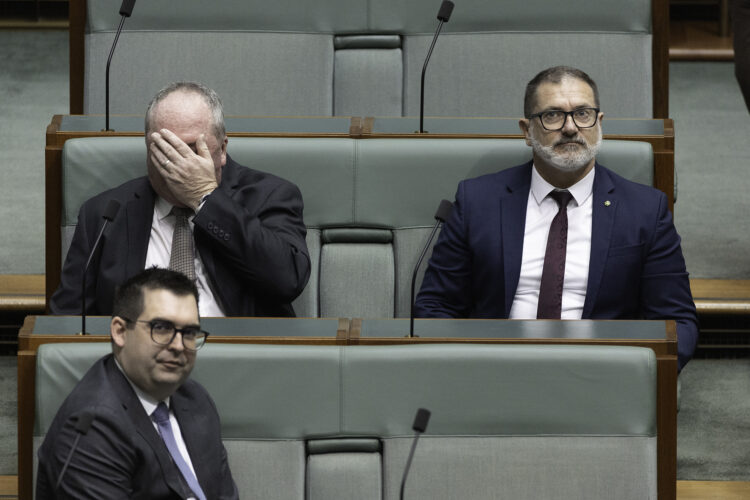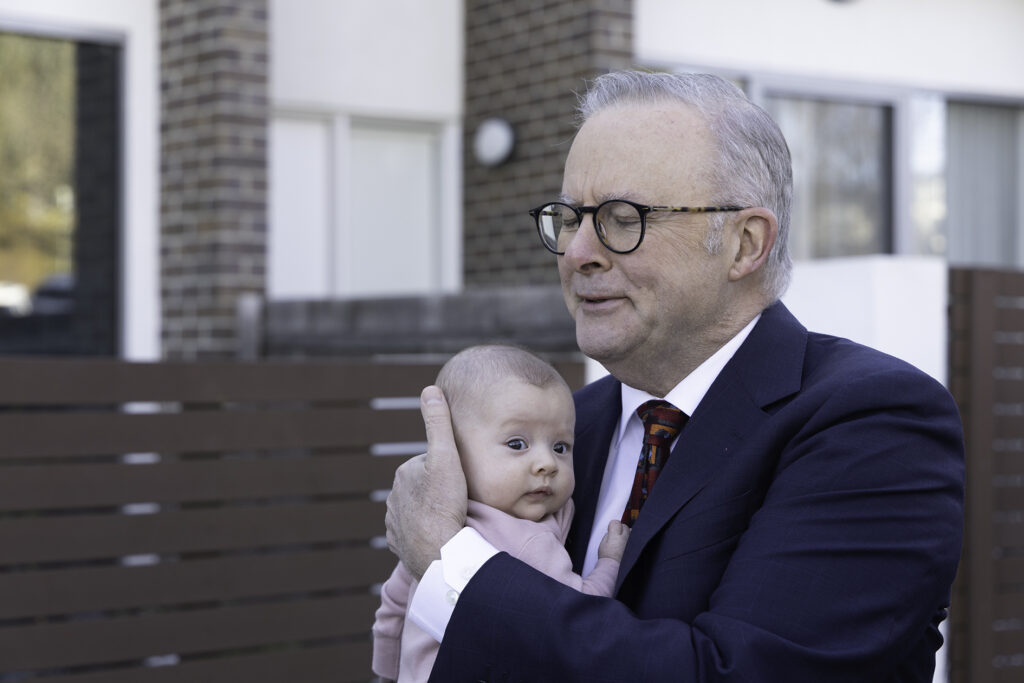Matt Grudnoff
Senior Economist
The government is keen to talk about housing affordability… hooray.
This is one of the most important issues Australia faces at the moment.
So, let’s take a look at the policies they have on offer.
They are bringing forward their 5% deposit scheme where a first home buyers and single parents who can’t put together a full deposit, won’t have to pay for mortgage lenders insurance as the government will go guarantor. It will now start in October.
This will mean more people will show up to the auction as demand for houses will go up. Higher demand means higher prices.
This scheme will not make housing more affordable. It will just push up prices. And it will come at a time when interest rates are coming down, which will also push up house prices.
After an election where one of the main battlegrounds was housing affordability, it looks like we’re about to enter a period with rapidly increasing house prices. You can see why the Housing Minister Claire O’Neill has declined to suggest that by the next election housing will be more affordable.
Coming out of the productivity roundtable, they have also frozen the National Construction Code. The code sets out all the building standards. The government is claiming that it has become too bloated and full of red tape.
Of course nothing reduces red tape like freezing the code so you can’t remove red tape.
But the construction code includes minimum standards on housing builds. Things that determine how easy it will be to keep your home warm in the winter and cool in the summer. You might think that if your main concern was productivity, building a home right the first time was more productive than pouring energy into keeping in warm and cool year after year. But apparently that’s not what the round table thought.
Regulation is something that all governments should always be reviewing. But that’s not the same as freezing any new changes to regulations.
So, how can the federal government make housing more affordable?
They need to get speculators out of the market by reforms to negative gearing and the capital gains tax discount. Housing should be about a safe and secure place to live, not about building an investment nest egg.
The federal government has a real opportunity to make a big difference to housing affordability, but only if they have the courage to act.

